Diseases and conditions
Want to know what dermatologists tell their patients about managing conditions that affect the skin, hair, or nails? You’ll find their expertise and insight here.
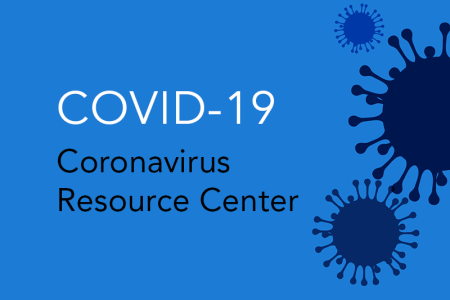
During the coronavirus pandemic, the AAD's Coronavirus Resource Center will help you find information about changes in dermatology and how you can continue to care for your skin, hair, and nails.

While there’s no one diet for psoriasis, changing what you eat may help reduce flare-ups. Here’s what studies have found.
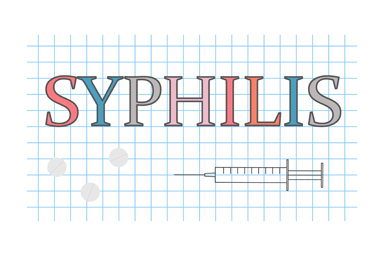
More people have been diagnosed with syphilis, a sexually transmitted disease, than HIV in recent years. Find out why and if you could be at risk.

Complications from shingles can last a lifetime. If you’re 50 or older, here’s the one thing you can do to greatly reduce your risk of getting shingles.
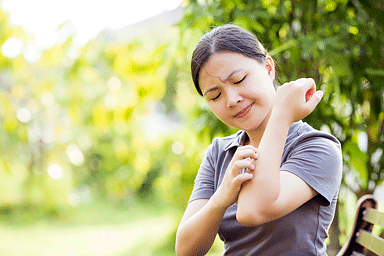
Hives are itchy welts on the skin. Here’s what dermatologists recommend if you’ve had flare-ups for 6 weeks or longer.

This childhood disease can cause painful mouth sores and an itchy rash. Taking these simple precautions can reduce your child’s risk.

It’s possible to clear warts more quickly and prevent new ones from developing. You probably have everything you need at home.
While acne will eventually go away on its own, dermatologists strongly recommend treating it. Here’s why.
Also called an AK, this growth can turn into skin cancer, so you want to know if you have one. These pictures show you what to look for.
If your child has eczema, you can gain control. This online guide offers dermatologists’ insight to help you calm the skin and reduce flare-ups.
The right skin care can make a noticeable difference. Here’s what dermatologists recommend.
These two conditions can look similar. Find out how to tell the difference.
Skin cancer can look harmless. Would you think any of these spots could be a skin cancer?
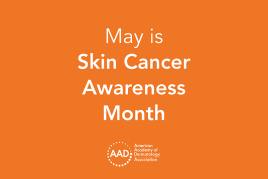 Think sun protection during Skin Cancer Awareness Month
Think sun protection during Skin Cancer Awareness Month
 How to care for your skin if you have lupus
How to care for your skin if you have lupus
 Practice Safe Sun
Practice Safe Sun
 Sunscreen FAQs
Sunscreen FAQs
 Fade dark spots
Fade dark spots
 Hidradenitis suppurativa
Hidradenitis suppurativa
 Laser hair removal
Laser hair removal
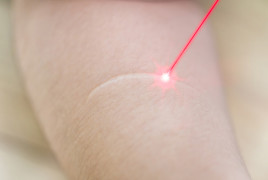 Scar treatment
Scar treatment
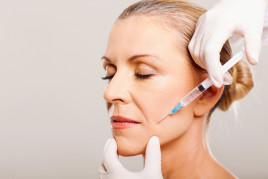 Botox
Botox
 Kids' camp - Camp Discovery
Kids' camp - Camp Discovery
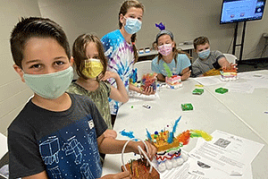 Dermatologist-approved lesson plans, activities you can use
Dermatologist-approved lesson plans, activities you can use
 Find a Dermatologist
Find a Dermatologist
 Why choose a board-certified dermatologist?
Why choose a board-certified dermatologist?